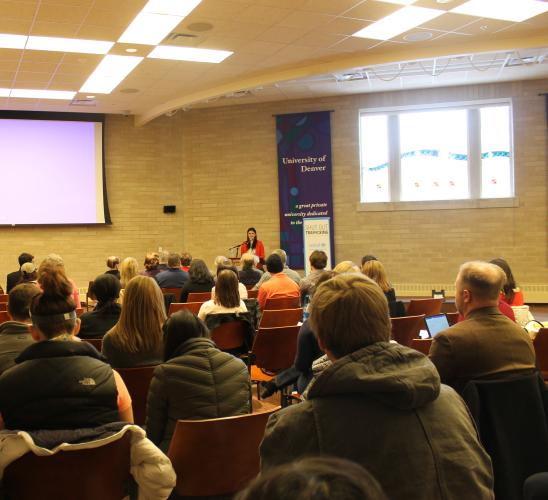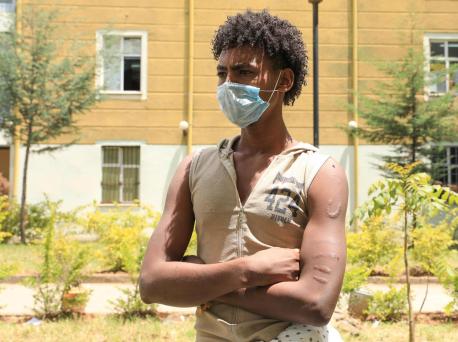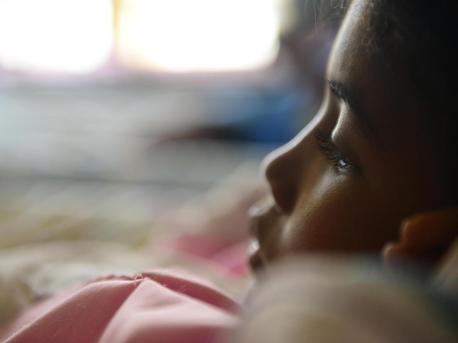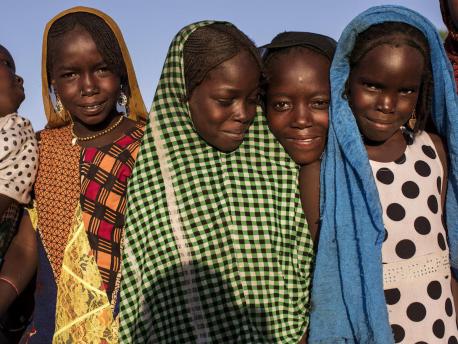Perspectives on Human Trafficking at University of Denver
This year, the End Trafficking project has partnered with the National Consortium for Academics and Sports (NCAS) to implement Shut Out Trafficking on ten university and college campuses across the US over this academic year to raise awareness and promote action to end human trafficking. Written by Ashley Greve, this story highlights her experience working on Shut Out Trafficking, which took place at the University of Denver from January 8-9th, 2015. This is part of a series on the 2014-2015 Shut Out Trafficking initiative.
In 2010, President Barack Obama declared January as National Slavery and Human Trafficking Prevention Month. Each January since, those engaged in the fight against human trafficking have taken advantage of the additional attention bestowed upon the issue to raise awareness and engage a new cohort of potential activists.
This year, the University of Denver spent months cultivating campus-wide support, reaching out to area organizations and nonprofits, and working alongside the U.S. Fund for UNICEF and the National Consortium for Academics and Sport (NCAS). The result was a two-day conference entitled Perspectives on Human Trafficking. The conference was part of a broader effort called Shut Out Trafficking, which has been taking place at several universities across the U.S.
Conference attendees learned about new and underrepresented perspectives on the issue. The wide variety of issues and narratives presented by a diverse range of speakers, made this conference different:
● Dr. Yvonne Zimmerman, author of the book Other Dreams of Freedom: Religion, Sex, and Human Trafficking. Dr. Zimmerman presented a narrative on liberal Christian theology and its approaches to anti-slavery work.
● Dr. Julie Laser from DU’s Graduate School of Social Work co-presented with her colleague Ida Seiferd on clinical approaches to working with victims and survivors.
● Attorney, professor and author T. Markus Funke demonstrated ways that bills regulating business supply chains mitigate the risk of forced labor used by sub-suppliers.
● Dr. AJ Alejano-Steele from Denver’s Laboratory to Combat Human Trafficking presented the research behind Colorado’s Statewide Action Plan to combat trafficking and slavery.
● Becky Owens Bullard, Project Manager for the Denver Anti-Trafficking Alliance, discussed the nexus between intimate partner violence and human trafficking, which has received relatively little attention in the broader movement.
● Emily Pasnak-Lapchick spoke about UNICEF’s and the U.S. Fund for UNICEF's efforts made both internationally and within the U.S. to combat child trafficking and labor exploitation.
● DU’s own Human Trafficking Center, which played a major part in planning and implementing the event, discussed the factors that make averbal or visual representation of slavery helpful or exploitative. See this blog post from January 2014 for an idea of what the discussion included.
A full list of the speakers and topics covered at the conference can be found here.

Through this conference, DU was able to pool its resources, identify key actors engaged or interested in anti-trafficking work, and connect those actors to other like-minded individuals. By identifying and connecting both current and future activists, we hope that the movement will gain strength and momentum.
As the old adage goes, there lies strength in numbers. Having done our part to raise awareness of the issue for National Slavery and Human Trafficking Prevention Month, we hope that conference participants and others will continue to actively engage with the anti-human trafficking movement every month of the year. This is our primary goal in moving toward a sustainable, comprehensive set of programs and policies to Shut Out Trafficking.


